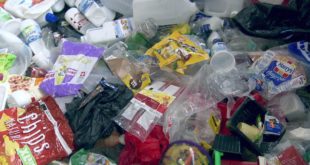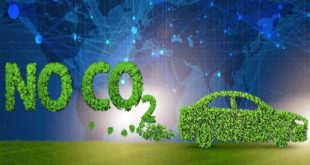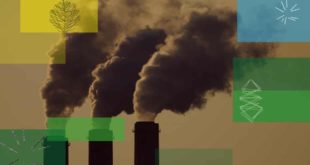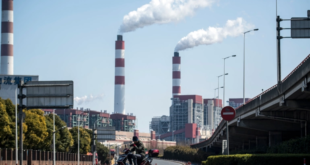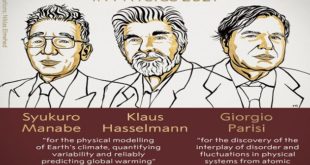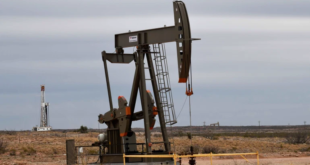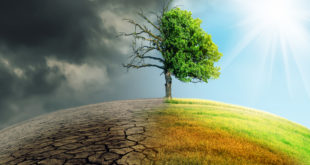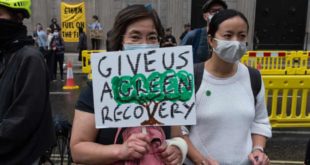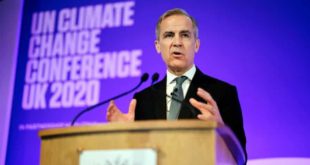Les entreprises Coca-Cola, Pepsi, Unilever et Nestlé sont celles qui produisent le plus de pollution au plastique du monde, selon un rapport publié lundi. Ces conclusions se basent sur le travail de plus de 11'000 bénévoles dans 45 pays qui ont nettoyé des plages dans le monde entier.
Read More | Lire La SuiteClimat. Les oiseaux vont-ils arrêter de migrer ?
Les oiseaux migrateurs transsahariens passent en moyenne cinquante à soixante jours de plus par an en Europe, révèle une étude qui soupçonne l’effet du réchauffement de la planète.
Read More | Lire La SuiteTransports : « Le rationnement, une alternative d’avenir à la taxe carbone ? »
Tribune. Comment respecter nos engagements climatiques ? Aujourd’hui, l’objectif d’atteindre la « neutralité carbone » en 2050, fixé par la stratégie nationale bas carbone (SNBC), reste tellement abstrait que nous sommes loin de nous donner les moyens de le respecter.
Read More | Lire La SuiteNo formal Cop26 role for big oil amid doubts over firms’ net zero plans
Fossil fuel firms have been given no official role in the Cop26 climate summit, it can be revealed, against a background of growing concern among UK officials that big oil’s net zero plans do not stack up.
Read More | Lire La SuiteChina’s global climate change challenge to the West
Since the global financial crisis of 2008, China’s two global policy banks, the China Development Bank and the Export-Import Bank of China, have brought a stepwise increase in public finance for energy and infrastructure that has been filling major financial gaps and fostering economic growth in emerging market and developing countries.
Read More | Lire La SuitePhysics Nobel: deciphering climate disorder to better predict it.. Video
The Nobel Prize in Physics has gone to three scientists who sought to predict the long-term evolution of a complex system such as the climate by modelling variables -- weather, human actions -- that create disorder within those systems.
Read More | Lire La SuiteThe climate crisis is a crime story
This crime has been going on for decades. We see its effects in the horrific heat and wildfires unfolding this summer in the American West; in the megastorms that were so numerous in 2020 that scientists ran out of names for them; in the global projections that sea levels are set to rise by at least 20 feet (6 metres).
Read More | Lire La SuitePour préserver le climat, « une “éco-détaxe” sera mieux vécue par les citoyens »
Pour respecter l’accord de Paris, la mise en place d’une fiscalité environnementale est nécessaire et urgente, mais terriblement impopulaire. Comment sortir de cette impasse ?
Read More | Lire La SuiteFour steps this Earth Day to avert environmental catastrophe
Today is Earth Day, which should provide us with an opportunity to pause and confront the awful predicament humanity faces. We eat microplastics, breathe pollution and watch other life-forms decline to extinction. We face intersecting poverty, health, climate and biodiversity crises. Our global predicament is that consumption by the wealthy is driving us towards planetary disaster, yet billions live in poverty and need to consume more to live well. In this cycle, any version of “success” only hastens catastrophe.
Read More | Lire La SuiteThe climate crisis can’t be solved by carbon accounting tricks
An astonishing global shift is under way: 127 countries have now stated that by mid-century their overall emissions of carbon dioxide will be zero. That includes the EU, US, and UK by 2050 – and China by 2060. Companies are enthusiastically signing up to similar “net zero” goals.
Read More | Lire La Suite



 World Opinions Débats De Société, Questions, Opinions et Tribunes.. La Voix Des Sans-Voix | Alternative Média
World Opinions Débats De Société, Questions, Opinions et Tribunes.. La Voix Des Sans-Voix | Alternative Média
